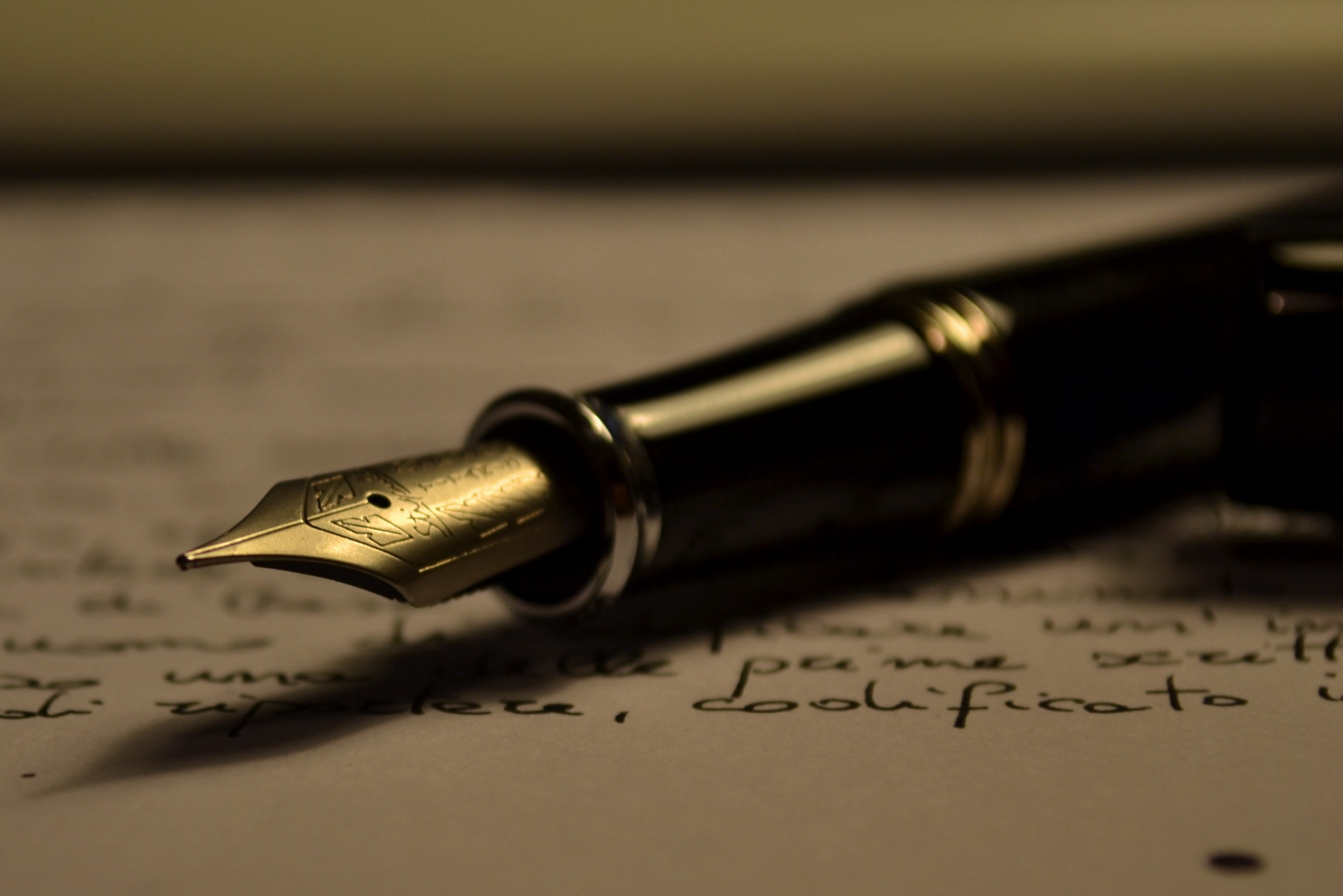
15 Jul Ghostwriting, Sold Identities, and Ethical Questions
Writing something and giving it away is a personal experience is something some of us could never even think of doing. In essence, being a ghostwriter is actually having this complex feeling inside of you, it’s both wonderful and awful, and you are always in the process of finding which one will prevail. Especially if you are a professional writer and you are already doing this for years, you will get to know the feeling of working on something as private as pouring your thoughts and feelings on a piece of paper (or a computer screen), and yet having to continuously give it up.
Where is the identity of the writer?

Quite similarly to being a surrogate mother, from the start, you are aware that you will only write a piece of text, but in the end, you are obligated to give it away and there are many different reasons why some people could never do this kind of work, yet others continually find enjoyment in it. While the final outcome is seeing your work being published, or printed, there is the clear sense of disconnection, where you cannot connect yourself, feel proud or get the sense of entitlement, because it is your work after all.
Ghostwriting is commonly used by people from different areas of work, mostly by politicians or celebrities, whose work hours do not give them the freedom to write something themselves, yet are willing to pay to have something done for them. The question of identity remains, and a good ghostwriter will try and hide his or her influence, and keep it to a minimum, constantly trying to replace it with the voice of the client.
Is it an easy profession?

A good ghostwriter will understand the process, and will try and be prepared for it, both emotionally and legally. The chances are that you won’t even be mentioned, and that someone else will get all the credit, while you’ll be entitled to a fee for your work done. Being a ghostwriter can also be extremely difficult from a different, more technical, point of view. It requires quite a flexible mindset, and being able to write about all sorts of different things, with which you don’t have to agree with, but it does need to represent opinions of the client. The first and probably the most important quality of a ghostwriter is to be able to control your ego, and to try only to recreate something in your client’s image.
Think of it this way: drawing a picture is an art form, a creative process done from the depths of one’s heart and inner vision, which can be compared to writing a book. However, being a ghostwriter is more like taking a picture with a camera; while this does not seem like much, you can also create it into an art form, as you are trying to find the best possible angle, lighting, composition, to get a truly good photograph, the one you’re looking for. Even though you’re not the owner of the subject, you are the one who tries to capture it perfectly.
Is ghostwriting ethical

Like with so many things in life, this too falls into the gray area, and it all depends on the person you are asking. Well, if you want, you can even call it smart outsourcing. However, the lines are extremely blurry here, and that is why it usually involves signing a contract where a ghostwriter gives up all the rights, thus confirming that in no sense will he or she try to establish a connection between them and his or her piece of work, once it’s been done. While some would say that it is misrepresenting, others could reply that even presidential speeches are not written by the presidents themselves.
The factors that can help us answer these questions are the following: how closely did the client work with the ghostwriter? Do all statements present all the opinions of the client? And, in the end, does the client take full responsibility for the content? As you can see, the answers to these questions can help you make a clearer border in your head, because if you completely agree with the words someone else wrote for you, and you are willing to put your signature at the end of it, then most of us can agree that all this is rather ethical. If the ghostwritten text depicts the values, opinions and beliefs of the clients, than you can understand why that text can be considered intellectual merchandise, prepared by two (or more) individuals. Whether it is ethical to present someone else’s work, even with their own permission, is a question you must ask the person in question. The ethics of the ghostwriting profession are not clearly defined, to say the least, and it should be done to the benefit of both parties.
The future of ghostwriting?

Without any doubt, it is a profession that will continue to exist, and skilled writers will continue to channel the words of their clients, politicians, celebrities, CEOs and health gurus. They will continue to sign a nondisclosure agreement, where passive authors get all the credits. One the other hand, writing is an extremely difficult task, which can require a lot of experience and it will demand a lot of your time and effort. Some very capable people would like to share their life experiences with a wider audience, yet their schedules to not allow them, or they simply lack the expertise when it comes to book writing.
Over time, I am almost sure that ghostwriting will get its place even when it comes to the laws related to intellectual rights, and a clear distinction between plagiarism and ghostwriting will be made. Celebrities looking for a bit more fame certainly won’t disappear in the foreseeable future, and we can be more than sure that ghostwriting services will continue to thrive. On the other hand, this again provides an important lesson to all of us, doesn’t it?

